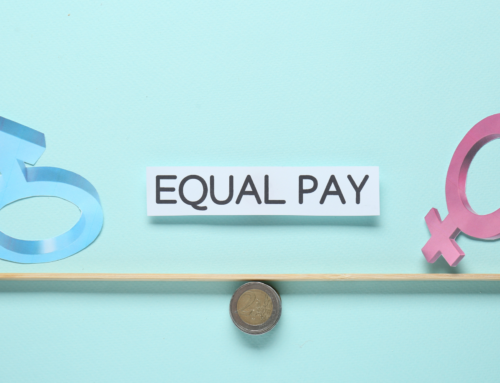We are all too familiar with the mantra of ‘The Customer is Always Right’, successful empires and customer service training have been built on this basic notion. But when does a customer’s privilege to always be right, breach the law and the rights of your workers?
Stories of harassment run rife in customer service roles. From retail complaints that “the customer spat at me,” to hospitality workers getting hit on “all the time” by their patrons. In fact, national statistics show that one in four female employees have been sexually harassed at work in the past five years and that figure jumps to 67% in the retail industry. Businesses need customers to survive and whether the business is in hospitality, retail or any other industry that has clients. Customers can sometimes be downright rude, inappropriate or abusive. However, even when the law is clear, social expectations in service industries can make it difficult for employees to establish and reinforce boundaries with customers.
Employers have both a legal and moral obligation to provide a safe workplace that is free from bullying, harassment and discrimination. So, how do you manage this third-party risk?
If an employee is at work and gets sexually harassed whilst at work, even by someone who is a non-employee, it is still a workplace matter and therefore the responsibility of the employee. So, what can you do? Even though you can train your employees, you can’t train the general public. However, you can have policies that outline what steps to take if someone is being harassed by a client.
Providing employees with training that helps them to identify the characteristics of customer-perpetrated harassment, and appropriate responses to this behaviour, is critical in maintaining a workplace that is respectful and safe for all team members. Businesses need to ensure that customers are included in their harassment policies and grievance procedures, offering training to managers and employees. Clear consequences for offences, such as banning customers from the business who behave in breach of workplace health and safety should also be implemented.
In 2011, a review of the Sex Discrimination Act, made unwanted sexual advances by a customer unlawful. This means that employers have a legal obligation to provide employees with a work environment that is safe, and where there is no sexual harassment, including employees being targeted by customers.
Sometimes it’s about more than money. Our role as employers is to protect our employees and the implications of not doing so could be far greater than what the customer is worth to the business in the long run.
If you find yourself needing help tailoring your workplace policies or navigating tricky HR issues, give us a call at HR Gurus on 1300 959 560, where our qualified, experienced and straight talking HR experts would be more than happy to assist.
Continue Reading
Get a personal consultation.
Call us today at 1300 959 560.
Here in HR Gurus. We make HR simple because it should be.




